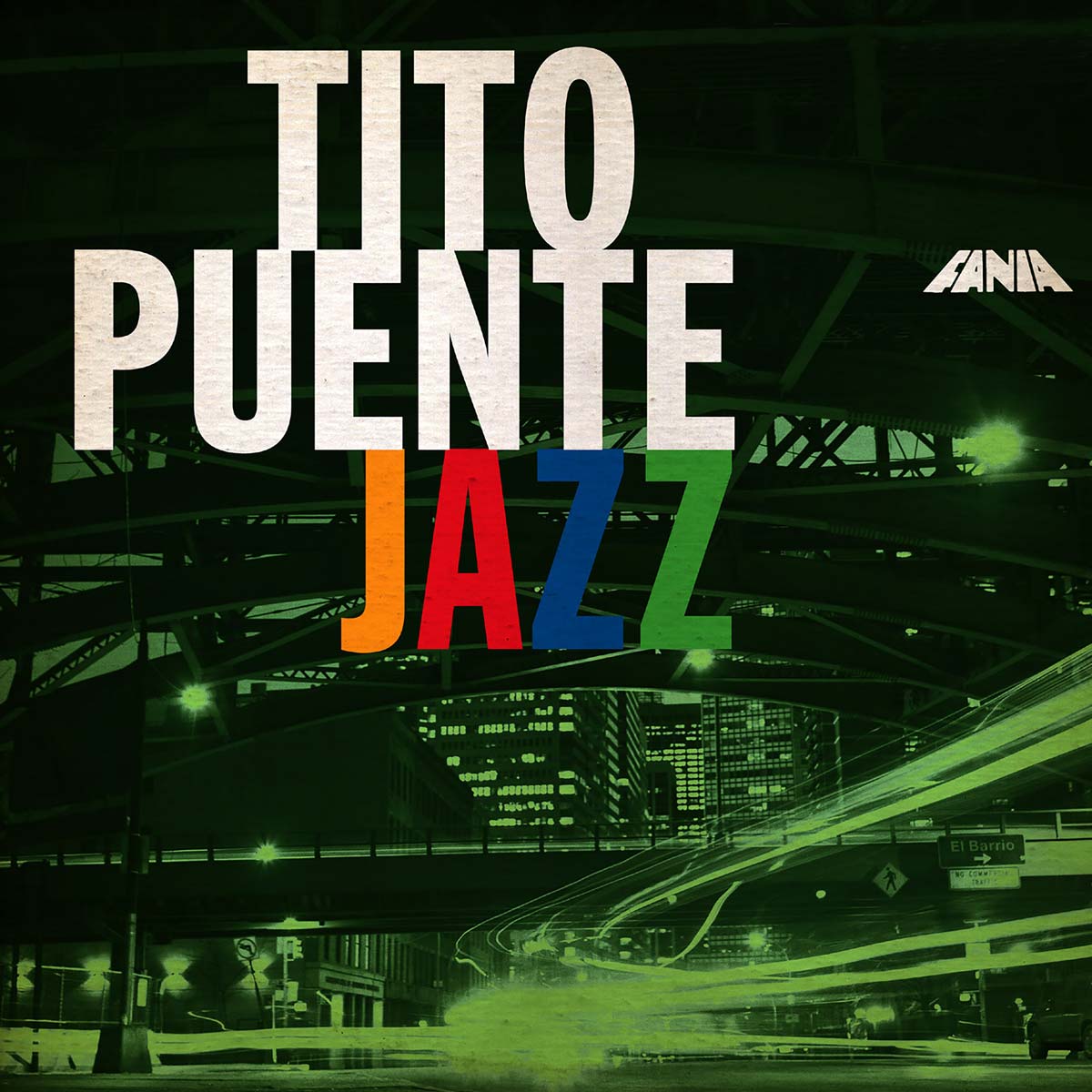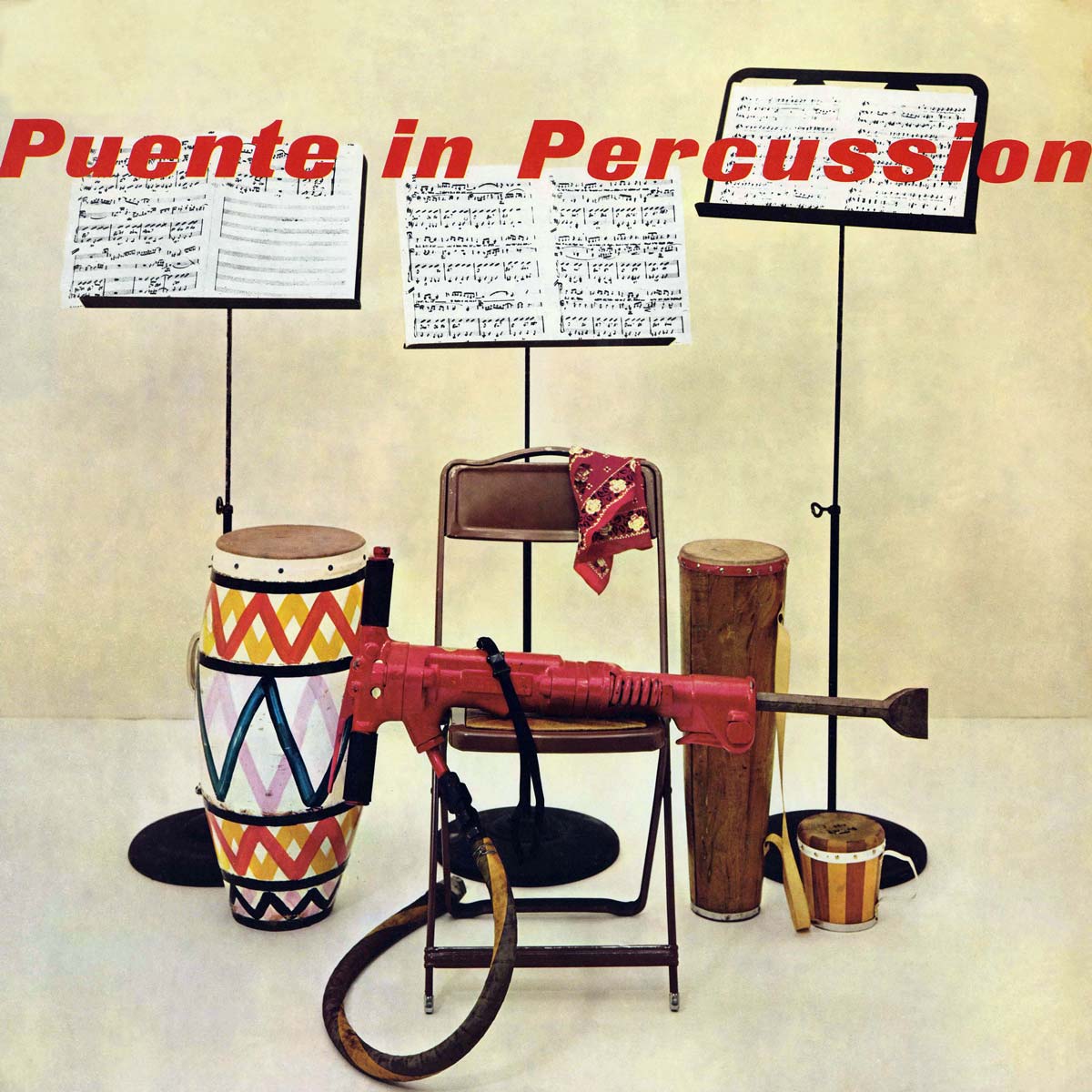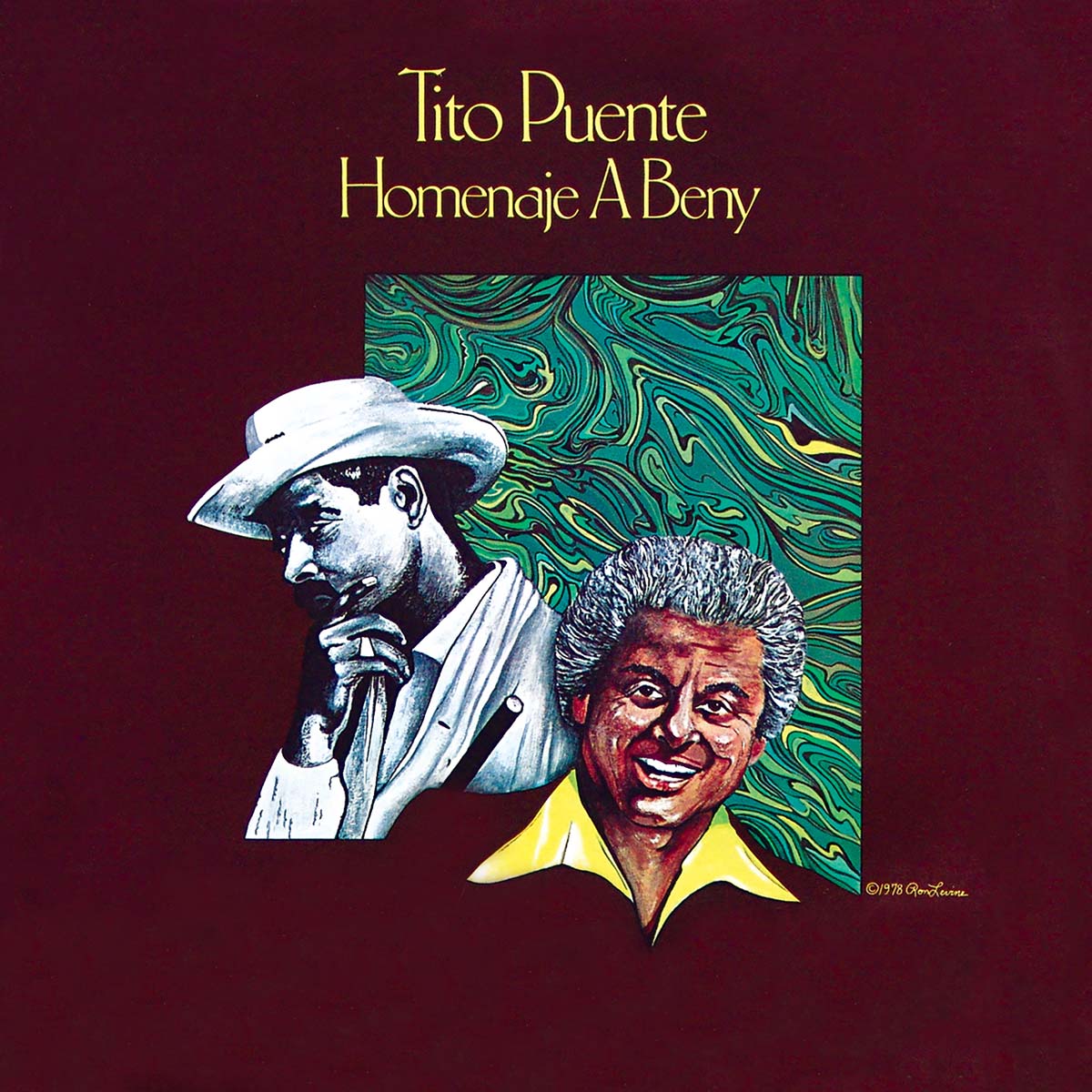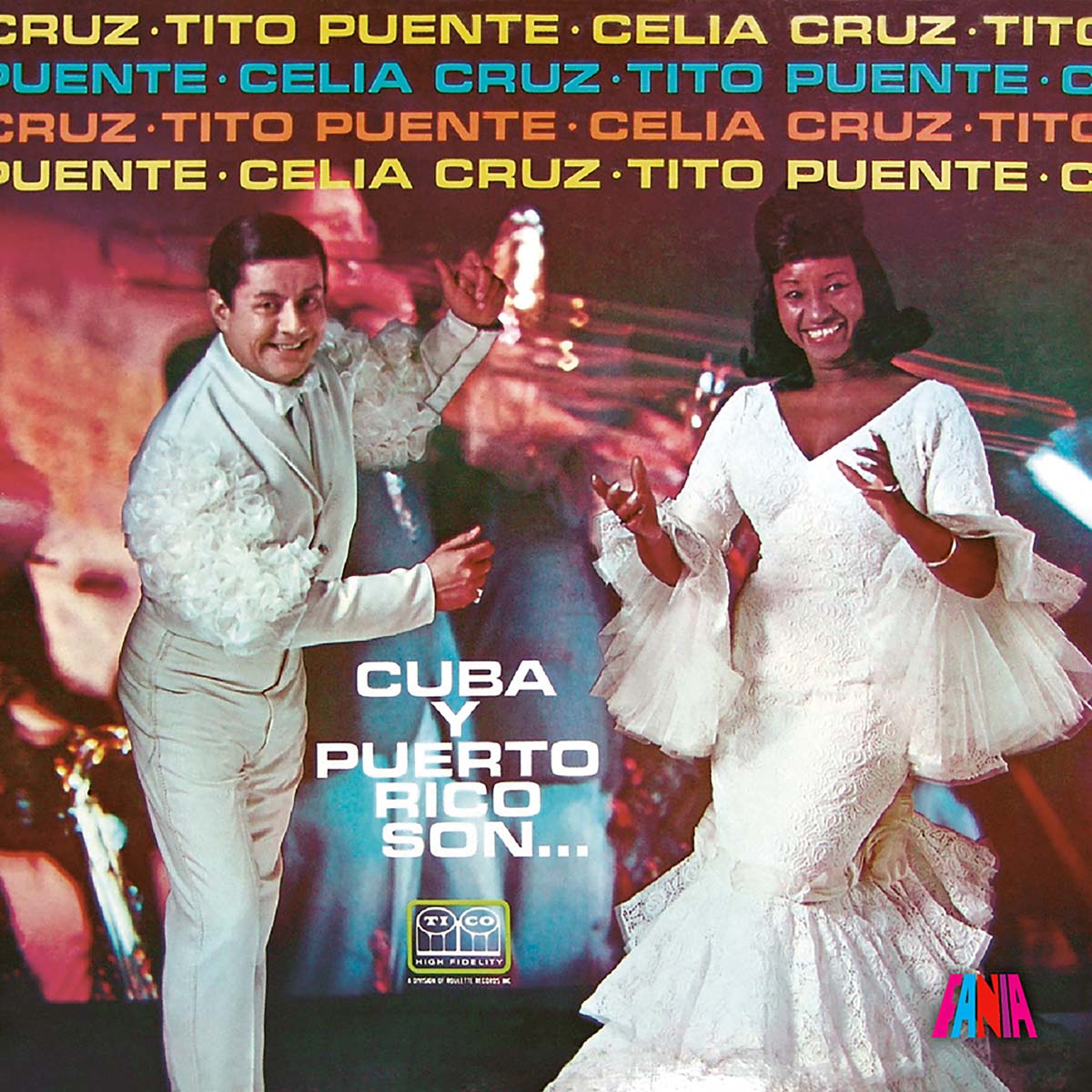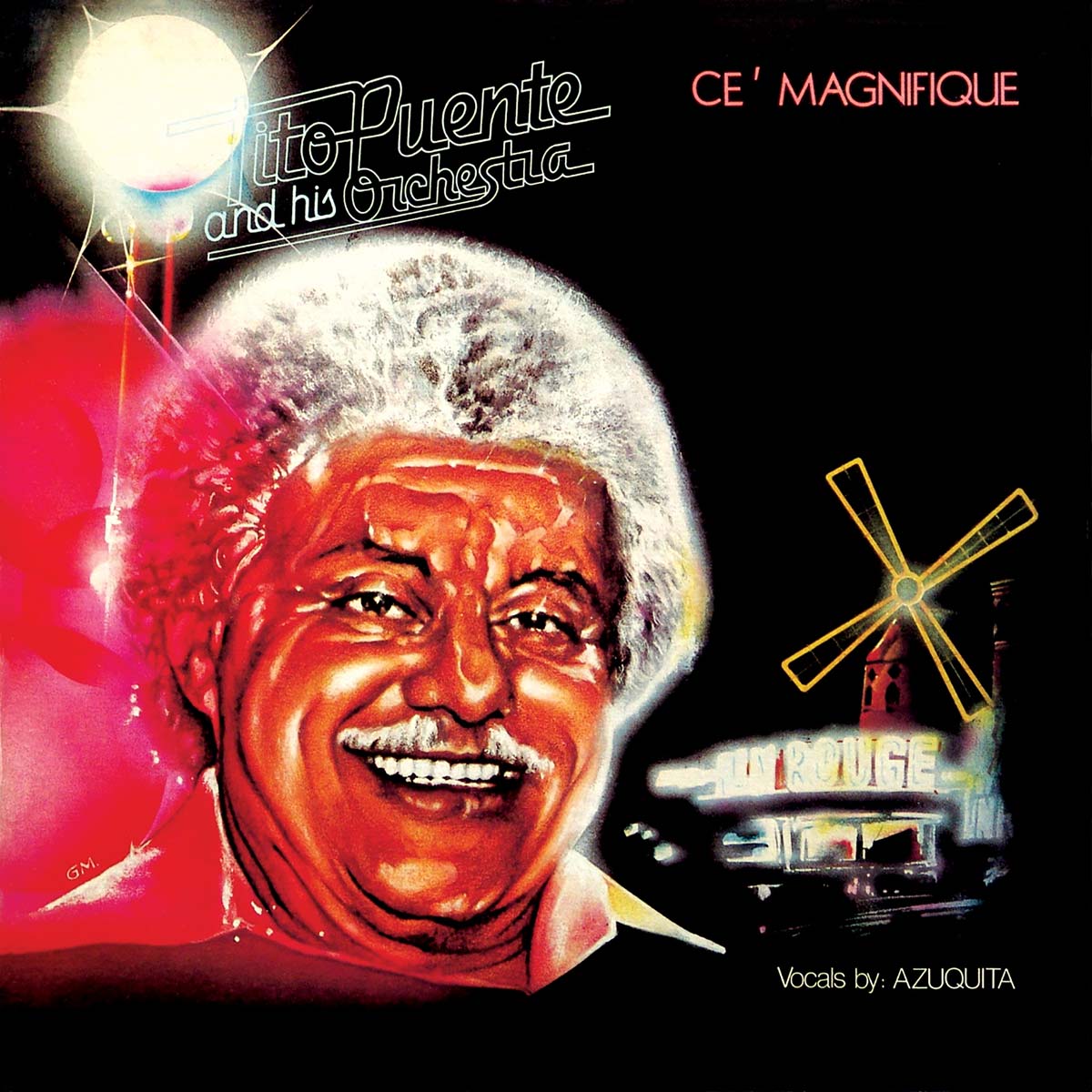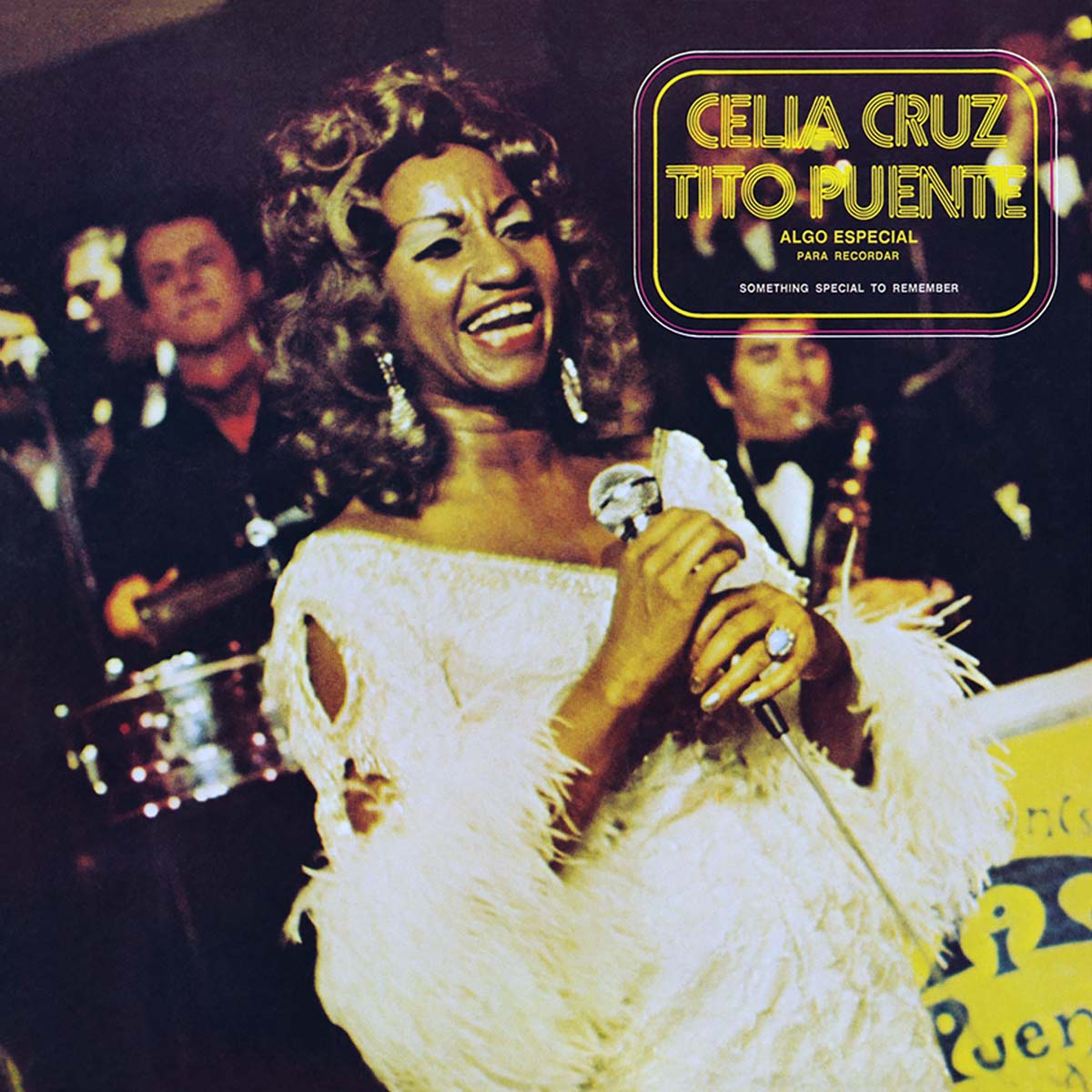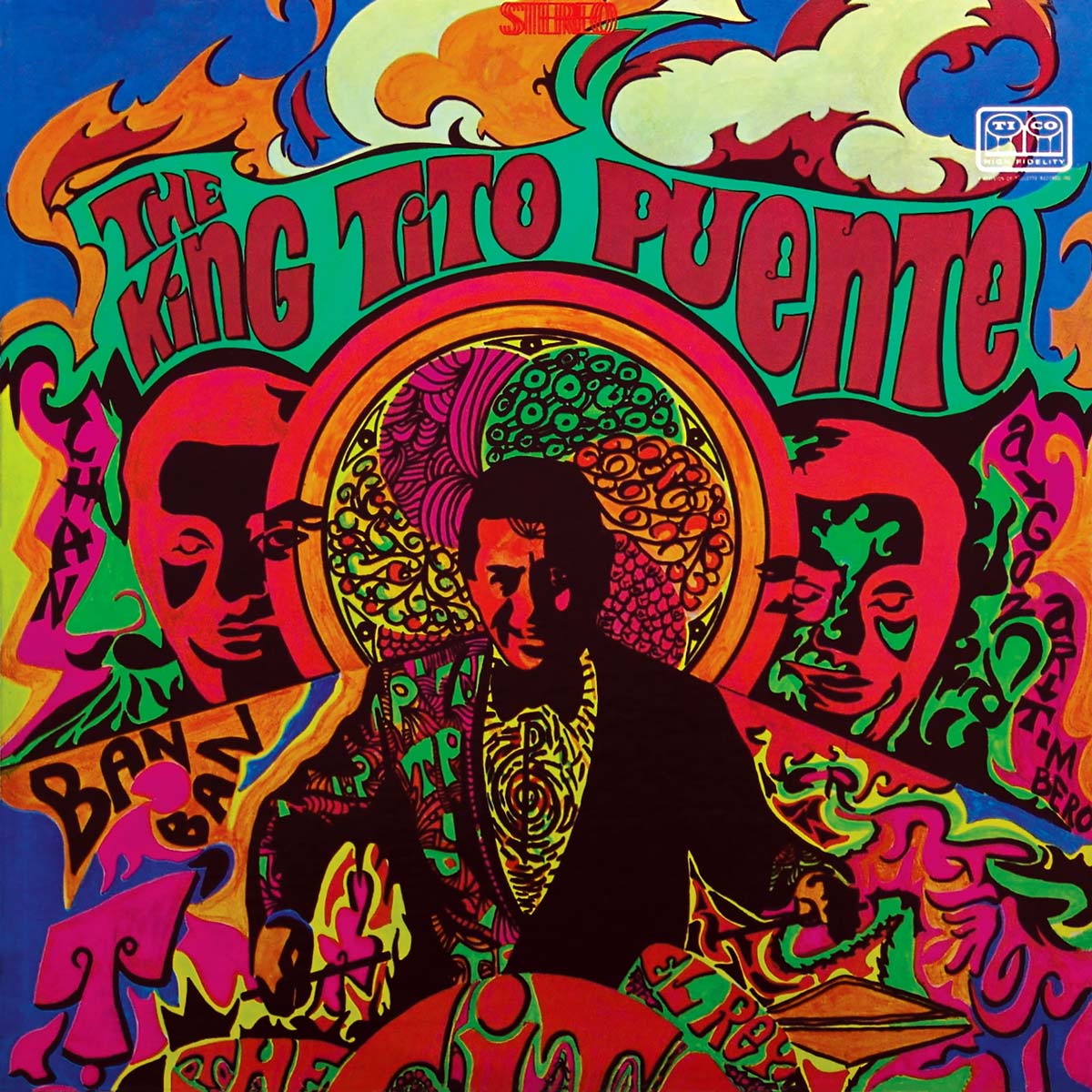
With this 1968 album, Tito Puente was proclaimed “The King” of Latin music and with it, he made an important contribution to the era of boogaloo. Boogaloo was a genre of Latin music that was born in New York City in the late 1960’s. It was a fusion of Afro-Cuban rhythms, with soul, R & B, and rock that originated out of the long-standing musical ties, and interaction between, African Americans and Latinos in New York.
In the history of Latin music, boogaloo played an important role in the transition between the mambo era and the salsa boom of the 1970’s. Musician Bobby Sanabria, a recent inductee into the Bronx hall of fame, remembers: At this time, Tito was an artist in transition. The Palladium ballroom had closed two years earlier (1966) and the audiences who had flocked there were making way for a new generation of dancer/listeners represented by their sons and daughters (like myself) who had grown up to doo-wop, rock & roll, and the British invasion of The Beatles—as well as the Afro-Cuban based music they heard their parents play. Thus the development of what became known as Latin boogaloo was no surprise, and Tito was trying to keep up with the trend. Most of the originators and performers of boogaloo were young.
Some of the elder, established bandleaders, including Puente, initially resisted the trend but ended up recording albums that became classics of the genre. Sanabria explains Tito’s attitude: Tito (as well as Machito) made no bones about the fact he/they didn’t dig Latin boogaloo. It obviously wasn’t as sophisticated as the music he was a master at. In much the same way, jazz musicians came to have a distaste for rock & roll, so too did the older, mature bandleaders, like Tito, have a distaste for Latin boogaloo. But Tito wasn’t stupid. This album proves that he could deal with passing, current popular trends, while still maintaining his musical integrity. There are several features of “The King” that stand out from other recordings of the boogaloo era. The most obvious feature is the instrumentation and size of the band. Most boogaloo bands were considerably smaller than the big bands used in the mambo era, and many boogaloo bands followed the trombone frontline already established by Palmieri in Latin music.
Fortunately, Puente never abandoned his preferences for a large ensemble. With four saxophones, four trumpets, and a full Latin rhythm section, Puente delivered a big band sound that gave the funk parts more punch and the Latin side a purer edge. Santos Colón and Rudy Calzado were two formidable and versatile singers that had sung for Puente in previous albums. Within “The King”, the songs “TP Treat”, “Pata Pata”, “TP’s Shing-A-Ling”, and “Shing A Tin-Tin” are definitive boogaloo. Boogaloo songs featured wacky English-language party lyrics and some terms like “Shing-A-Ling” stuck because of their similarity with the rhythm of the music. “Pata Pata” is Miriam Makeba’s signature tune originally recorded in South Africa in 1956 before becoming a major hit in the U.S. in 1967 and a standard in the boogaloo era. “Pata Pata” means touch, touch and it is simply about dancing, singing and having a great time. The simple theme of “Pata Pata”, and the fact that it was an African song that availed itself of an infectious rhythm, made it a perfect vehicle for Latin Funk. “Fue Amor” is a composition by Bobby Marín, a Latino who was making a name for himself as a Doo Wopper. Other tracks on this album, specifically “Erasmo El Loco” and “Ta Contento El Pueblo” are more straightforward Afro-Cuban. “Safari” is an instrumental cut that sounds like a psychedelic mambo. Although the popular success of boogaloo was shortlived, it was the roots of all contemporary attempts to fuse Latin music with soul music. Puente’s “The King” is an important, if not classic, album of this musical fusion.
Credits: Pete Fanelli – Alto Saxophones Stanley Bronstein – Alto Saxophones Dick Meza – Tenor Saxophones Mario Rivera – Baritone Saxophones Victor Paz – Trumpet Pedro Puchi Boulong – Trumpet and Bass Trumpet Jimmy Frisaura – Trumpet and Bass Trumpet Andy Gump Senatore – Trumpet and Bass Trumpet Gilbert López – Piano Bobby Rodriguez – Bass Angel Allende – Conga Drums Jimmy Centeno – Bongo Drums and Bell Tito Puente – Timbales and Percussion Lead Vocals – Santos Colon, Rudy Calzado, and Andy “Gump” Senatore Chorus – Willie Torres, Rudy Calzado, Jimmy Sabater, Santos Colón,Tito Puente, La Lupe, Bobby Marin, Margie Puente, Willie Garcia Producer – Pancho Cristal Engineer – Fred Weinberg Arrangements -Tito Puente except for “Safari (aka “Whatchamacallit” )Nick Jimenez
Written by Gregory Pappas


